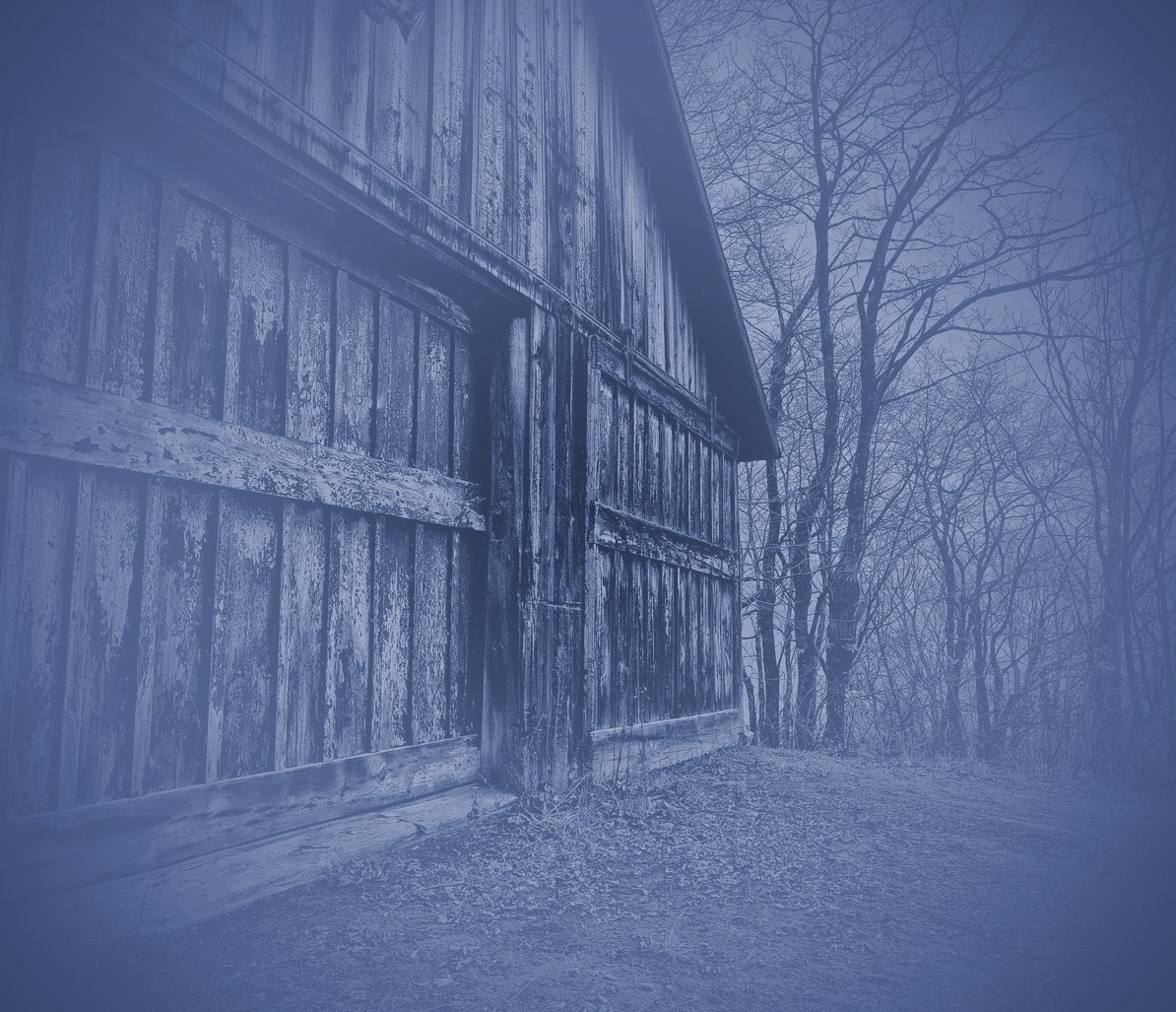A Fence Line Running Through It
The machine shed is damp,
the dirt floor milled to powder
from years of boot and tractor
and machine traffic.
I look for the spade
I used when I was young,
when my grandfather
said dig and
I dug holes the depth
I’d been taught
so the posts would stand,
hold the miles of barbed and hog
wire dividing our ground
from Burgys, Possehls,
Stanersons and Folkmans,
dividing their cattle, their
land from ours.
Dig, he would say, and all morning,
afternoon, until it rained,
until dark, until I couldn’t
lift the spade and grub
and he said enough,
I dug through dry brown
until it turned yellow clay or
black earth caked to the tip
of the steel. He taught me to measure
strength by depth, narrow the hole
around the oiled post, and
sturdy the line he’d laid
before I was old enough
to blister from work,
acquire the knowledge of straight,
of strength, cool soil, rusted
staples and splintered wood,
the knowledge of bending
spikes new, splicing wire,
swinging a hammer down hard,
the ache from hours of digging,
calloused hands and sunburn.
He trained me to rake,
tamp, stomp, pack dirt and clay,
the weight of the earth around the post,
its strength into the line.
Now the hammers, pliers and cutters
are gone. No rolls of wire
hang from the beams. No boxes
of staples and spikes jam the shelves.
The tamping stick is broken. Someone
has wrapped duct tape around the spade handle;
the steel has rusted brown and rough; a crack
climbs from the tip to the mud-caked neck.
He would say it is useless,
that things are not
like they were, and I
could repeat his words
but I have left the machine shed;
my hands have lost their calloused ridges;
my sweat, strain and ache are buried, and I
wander up and down this gravel road
dissecting Hilton Township.
I try to avoid the snow flakes and wind.
I want to touch the hands
my grandfather couldn’t describe,
the hands that woke him on a plane above
Florida where he dozed
with his hand on my wife’s
knee, hers on his arm.
Outside, there was endless blue—
deep and wary like his eyes—
and I knew I could not know
what he thought
when he realized the wife beside him,
the curve of her knee
was not his beside him on a wagon
filled with ear corn
they’d picked by hand, but mine,
in a plane at 30,000 feet going home.
He said he’d been dreaming,
his brother woke him
to say their steers were in the Newkirk corn.
It seemed dark and cold for summer.
And the hands, he said, were no longer his brother’s;
they touched his cheek, pulled back the blankets and gripped
his fingers. After that, he couldn’t tell
if he ached from grasping his spade, from picking
ear corn, or aging sixty more years and outliving his wife.
He tried to explain while we cruised above farms
and cities that the touch felt like a woman’s
when she falls asleep holding your thumb.
It was smooth and trembled like grain
trickling from a bin, he said.
It felt like cold wind on a hot day.
From the poetry collection Fence Line (BkMk Press 2004)

